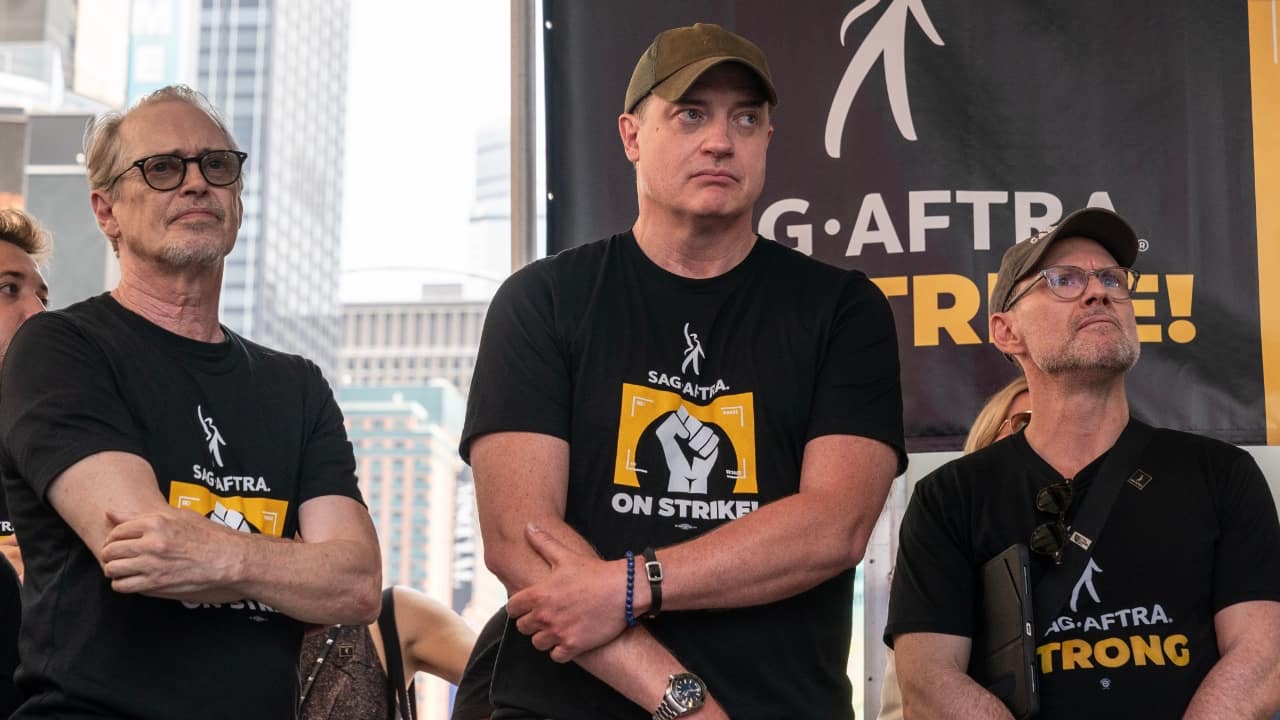
The 2023 writer’s strike is over. On the 27th of September, 2023, various entertainment and news publications announced that the Writers Guild of America and AMPTP had reached a tentative agreement in their contract negotiations. The strike began on May 2nd, 2023, and its end this past week marks the second-longest strike period in the WGA’s history. Along with the WGA, the Screen Actor’s Guild (SAG-AFTRA) also went on strike as part of a larger labor dispute within the entertainment industry.
This dispute primarily revolved around pay for writers and actors who felt their rates were not reflected when Hollywood transitioned to the streaming model. Another major sticking point during the negotiations was the use of Artificial Intelligence in the content creation process. From a writer's perspective, there was concern regarding studios cutting costs by using AI to write scripts, thus reducing writer’s rates even more.
As the strike officially ended, the WGA released a summary of its collective bargaining agreement with the AMPTP. While the agreement covers a lot of ground, three specific deal points will significantly impact the industry. Let’s take a look at each of them.
Pay
One of the critical deal points revolved around minimum pay and residuals. Under the terms of the new contract, the writers’ rates will increase based on the medium in which they work. This covers all types of writers, including feature screenwriters, staff television writers, development writers, editors, and more. For more details, please refer to the WGA 2023 Agreement summary.
There are also specific summary points regarding writing services for streaming services like Netflix. For example, “when a feature-length project is made for streaming with a budget of $30 million or more, the minimum initial compensation [...] is $100,000”. This marks an increase of 18% from the minimum rate under the old agreement. Writers will also enjoy a “Viewership-based streaming bonus” based on the project’s success on the streaming platform. These “bonuses” will compensate for the residuals lost over the years as the industry shifted from cable television to streaming.
AI
The new contract also includes detailed language on the use of AI in the writing and development phase. First and foremost, “AI can’t write or rewrite literary material”. Additionally, ‘AI-generated material will not be considered source material”. This presumably includes any material such as treatments, storyboards, brainstorms, etc. It also implies that AI's contribution to the development or scripting process cannot supersede the writer’s credit and contribution.
Another highlight is that “a writer can choose to use AI when performing writing services” as long as the employer consents and the writer follows any pre-existing company guidelines. However, employers “can’t require the writer to use AI software when performing writing services”.
Furthermore, studios or producers “must disclose to the writer if any materials given to the writer have been generated by AI or incorporate AI-generated material”. Finally, and most importantly, the WGA also “reserves the right to assert that exploitation of writer’s material to train AI is prohibited”.
Overall, the WGA has done a great job of protecting the union members in several ways. Under these terms, employers must be transparent about using AI during development. This subsequently allows writers to negotiate their rights, credits, and compensation transparently. The final summary point is also significant as it provides future protection from the writer’s work being used to exploit them. With the introduction of AI writing software, studios and its producers could very easily minimize the writer’s credit, contribution, and compensation. However, if this deal is voted through, the writers retain their power during the creative development process.
Streaming data
Since the introduction of streaming, it has been challenging to define the monetary value of a stream. Major streamers have also safeguarded their viewership numbers, giving them significant leverage during contract negotiations. However, under the terms of the new agreement, these companies have agreed to provide “the total number of hours streamed, both domestically and internationally, of self-produced high-budget streaming programs” to the guild (subject to a confidentiality agreement).
Therefore, writers who have worked on original content created exclusively for streamers could better understand their show or film's performance. If their show is successful, writers will receive a residual-based compensation (as discussed above) and have greater leverage for future negotiations with producers.
Looking ahead

Steve Buscemi, Brendan Fraser, Christian Slater attend Rock the City for a Fair Contract in July. Pic: Shutterstock
The current agreement is tentative, and the WGA must still vote to approve the proposed terms. However, given that the WGA has successfully secured most of the deal points they campaigned for, it should pass.
Now, we look ahead. The language surrounding minimum rates, AI, and streaming data will undoubtedly have a bearing on the upcoming SAG-AFTRA negotiations. The actor’s union is fighting for many of the same issues, especially AI. Studios wanted to include a clause allowing them to digitally scan actors and extras to use their likenesses for future projects with no additional compensation. However, the concessions in the WGA agreement could forecast protections for actors against the use of AI.
Given the rapid development of AI across many fields, we are bound to see more labor strikes occur in the near future. Within the entertainment industry, keep an eye on post-production professionals. Currently, AI-based tools are used freely to speed up post-production workflow. But, with the continued development of AI, could we see video editors, animators, and designers being displaced?
Only time will tell. However, the WGA has laid a solid foundation that can be built upon by other labor unions to protect their workers and the industry as a whole.
Tags: Production


Comments